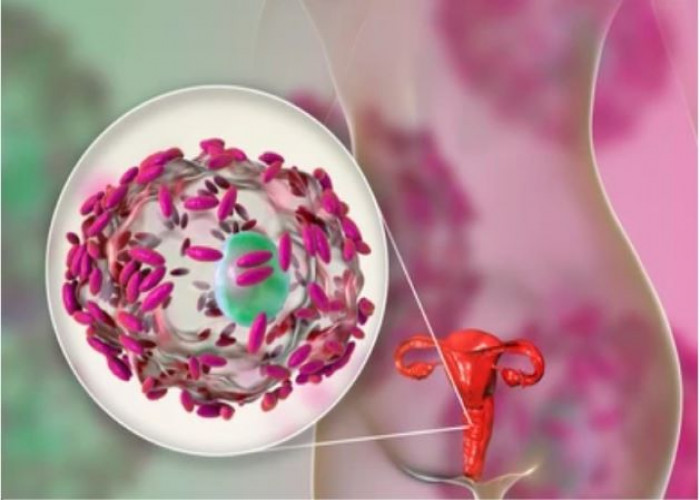 Welcome
Welcome
“May all be happy, may all be healed, may all be at peace and may no one ever suffer."
Bacterial vaginosis
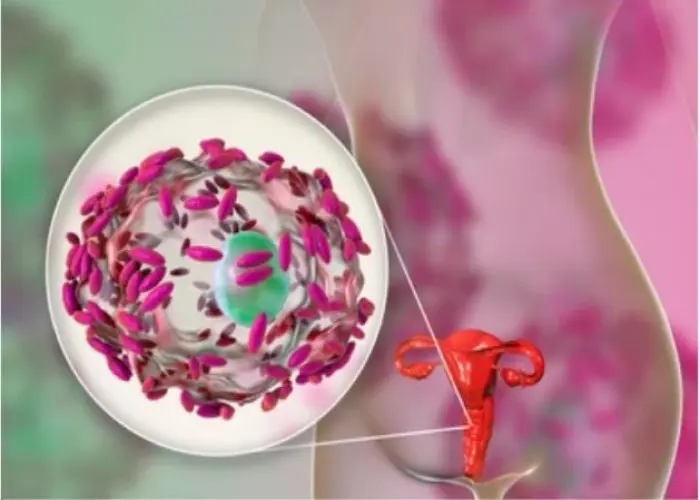
Bacterial vaginosis is a common vaginal infection that is caused by an overgrowth of certain bacteria in the vagina. It can lead to symptoms such as a fishy odor, thin white or gray discharge, itching, and burning during urination. Bacterial vaginosis is not typically a serious condition, but it can increase the risk of other infections and complications, especially during pregnancy. Treatment options may include antibiotics, probiotics, or other medications, and it is important to follow a healthcare provider's instructions for treatment to avoid potential complications.
Research Papers
Disease Signs and Symptoms
- Watery vaginal discharge
- Thin, gray, white or green vaginal discharge
- Foul menstruation or vaginal discharge
- Vaginal itching
- Pain or burning during urination (dysuria)
Disease Causes
Bacterial vaginosis
Bacterial vaginosis results from overgrowth of one of several bacteria naturally found in your vagina. Usually, "good" bacteria (lactobacilli) outnumber "bad" bacteria (anaerobes). But if there are too many anaerobic bacteria, they upset the natural balance of microorganisms in your vagina and cause bacterial vaginosis.
Disease Prevents
Bacterial vaginosis
To help prevent bacterial vaginosis:
- Minimize vaginal irritation. Use mild, nondeodorant soaps and unscented tampons or pads.
- Don't douche. Your vagina doesn't require cleansing other than normal bathing. Frequent douching disrupts the vaginal balance and may increase your risk of vaginal infection. Douching won't clear up a vaginal infection.
- Avoid a sexually transmitted infection. Use a male latex condom, limit your number of sex partners or abstain from intercourse to minimize your risk of a sexually transmitted infection.
Disease Treatments
To treat bacterial vaginosis, your doctor may prescribe one of the following medications:
- Metronidazole (Flagyl, Metrogel-Vaginal, others). This medicine may be taken as a pill by mouth (orally). Metronidazole is also available as a topical gel that you insert into your vagina. To reduce the risk of stomach upset, abdominal pain or nausea while using this medication, avoid alcohol during treatment and for at least one day after completing treatment — check the instructions on the product.
- Clindamycin (Cleocin, Clindesse, others). This medicine is available as a cream that you insert into your vagina. Clindamycin cream may weaken latex condoms during treatment and for at least three days after you stop using the cream.
- Tinidazole (Tindamax). This medication is taken orally. Tinidazole has the same potential for stomach upset and nausea as oral metronidazole does, so avoid alcohol during treatment and for at least three days after completing treatment.
- Secnidazole (Solosec). This is an antibiotic you take orally in one dose. The medication comes as a packet of granules that you sprinkle onto a soft food, such as applesauce, pudding or yogurt. You eat the mixture within 30 minutes, being careful not to crunch or chew the granules.
It's generally not necessary to treat an infected woman's male sexual partner, but bacterial vaginosis can spread between female sexual partners. Female partners should seek testing and may need treatment. It's especially important for pregnant women with symptoms to be treated to help decrease the risk of premature delivery or low birth weight.
Take your medicine or use the cream or gel for as long as your doctor prescribes it — even if your symptoms go away. Stopping treatment early may increase the risk of recurrence.
Disease Diagnoses
Disease Allopathic Generics
Disease Ayurvedic Generics
Disease Homeopathic Generics
Disease yoga
Bacterial vaginosis and Learn More about Diseases

Hydrocephalus
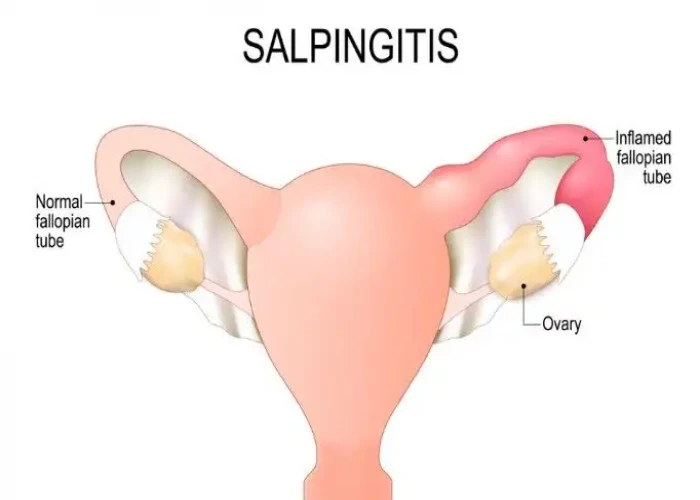
Salpingitis

Membranous nephropathy

Sacroiliitis
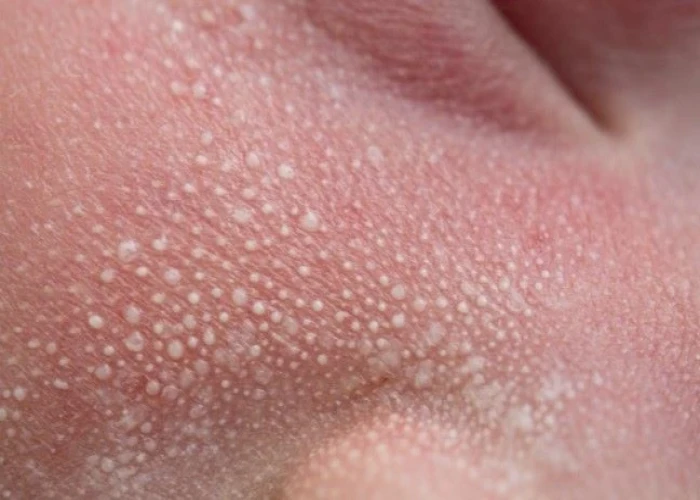
Milia

Sweating and body odor
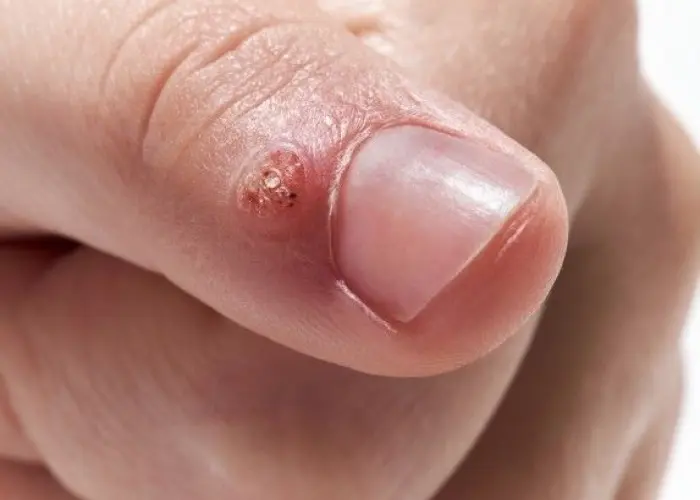
HPV infection

Dislocated elbow
Bacterial vaginosis, Vaginitis infection, Gardnerella vaginalis, ব্যাকটিরিয়া ভ্যাজিনোসিস
To be happy, beautiful, healthy, wealthy, hale and long-lived stay with DM3S.
